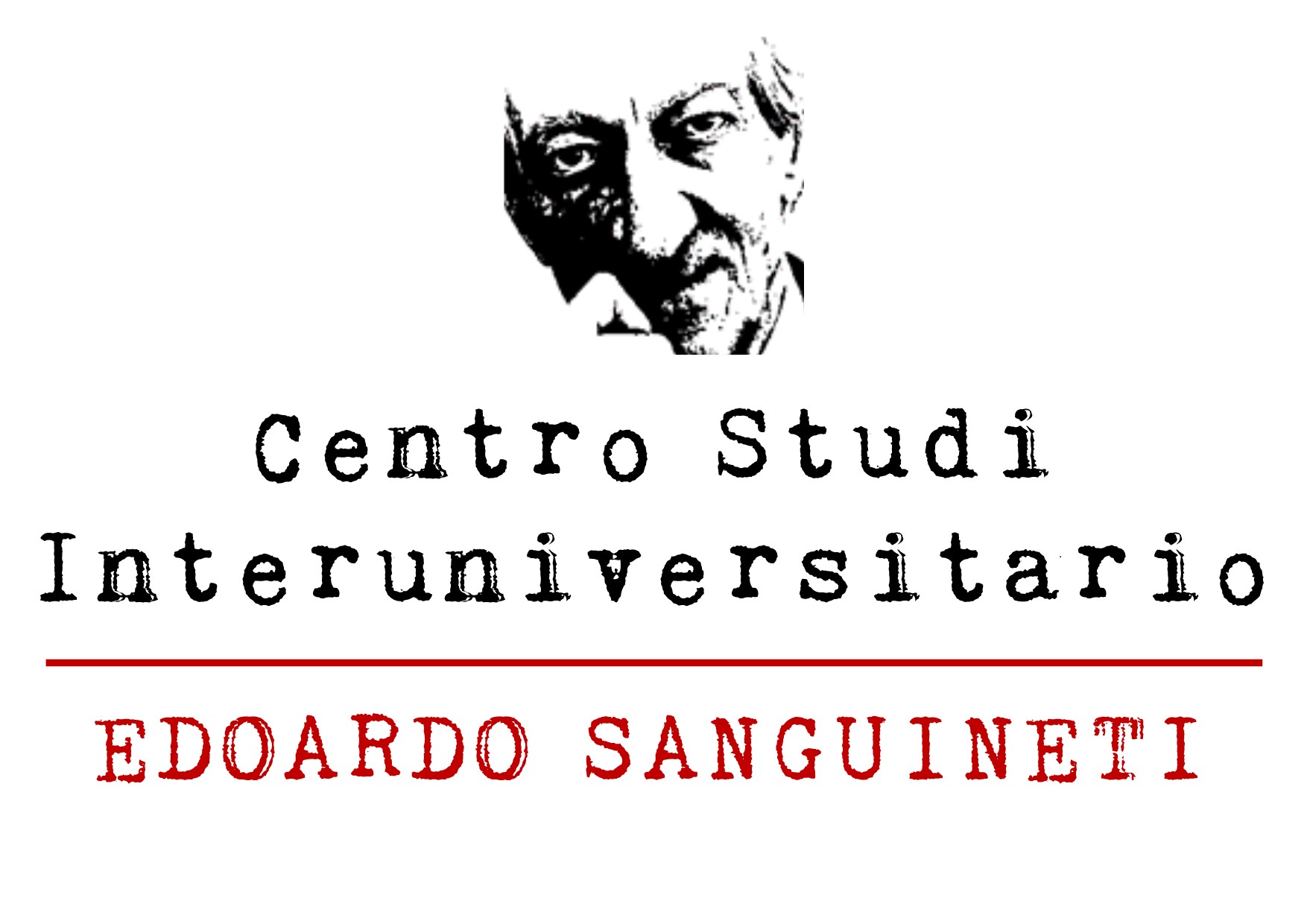Poet, literary critic, writer, author for theater and music, journalist, screenwriter, actor and «lessicomane». It is very difficult to summarize under a label Edoardo Sanguineti (1930-2010)’s career. The Research Centre dedicated to him was founded at the Humanities Department in Turin thanks to the research project Sanguineti’s Wunderkammer; with the support of Compagnia di San Paolo and the collaboration of Utet, Archivio di Stato and RaiTeche; this project studied the interdisciplinary nature of the Genoese intellectual, starting from a great heritage of unpublished or scattered documents. Nowadays the Study Centre keeps a conspicuous documentary fund collected since 2016 in the Wunderkammer: 70,000 lexicographic archive files, 50,000 newspaper clippings, coming from Utet archives on loan for use at the Humanities Department of the University of Turin, all Sanguineti’s documents kept at ASUT (among wich it is important to remember the thesis rediscovered after decades), over 600 interviews and 350 hours of unpublished films kept at TecheRAI, and precious documents from private archives. Most of these resources are nowadays available in the database Sanguineti’s Wunderkammer, coming soon (for information, cfr. I fondi documentari del Centro Studi).
The Research Centre is thought to be a meeting place for Italian and foreign scholars and counts on the collaboration of other centers, public and private institutions, nationally and internationally (for example, Universities of Genoa, Salerno and Milan and the consortium Fonte Gaia). Moreover it aims to encourage the research in literature, in linguistics, in theatre and music, particularly referring to the work of Edoardo Sanguineti and other authors who got inspired by his person, and to advance university didactics in the areas of History of Literature, Literary Criticism, Archival, Librarianship and Digital Humanities.
The Research Centre wants to be a cultural dissemination point, throughout a fertile dissemination of results in the territory, making use of collaboration with institutions and private industry, particularly publishing and media. About that, it supports various scientific, didactic and popular initiatives (as summer schools). Through financing doctoral and start of research scholarships and research grants, the Study Centre supports research in the areas of History of Literature, Literary Criticism, Archival, Librarianship and Digital Humanities.
 Centro Studi Interuniversitario Edoardo Sanguineti
Centro Studi Interuniversitario Edoardo Sanguineti


